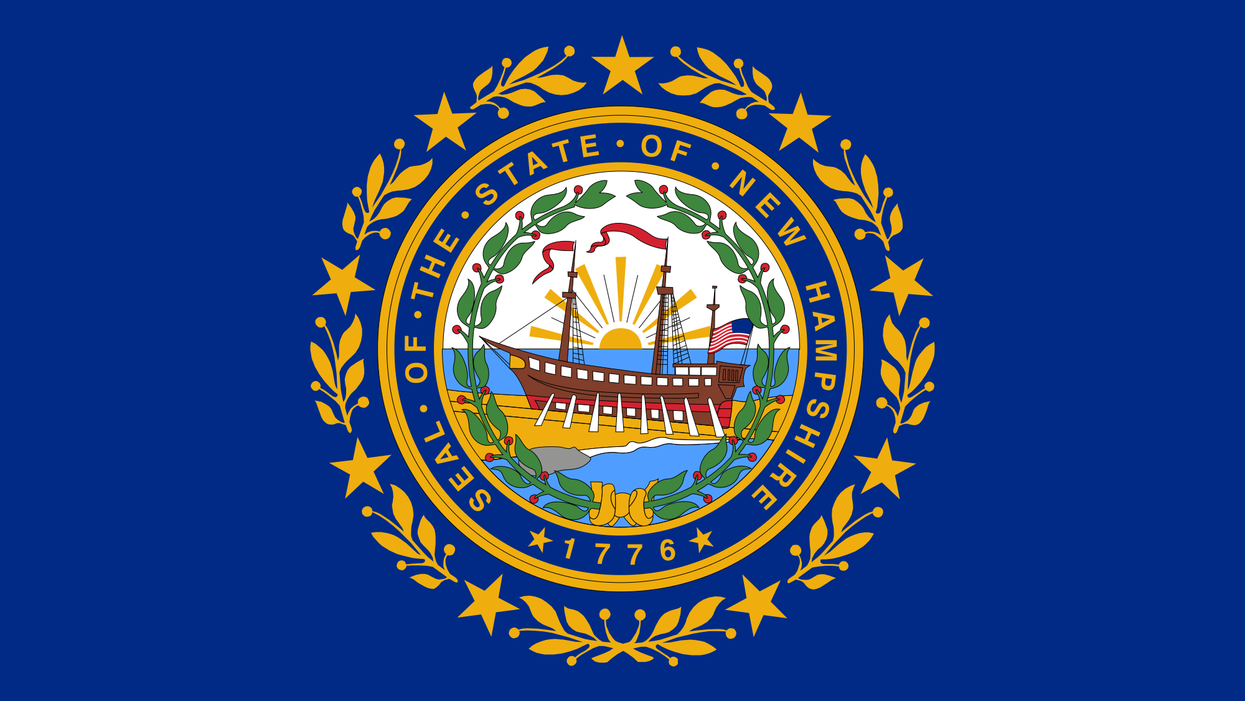College students are frequent targets of disinformation campaigns — especially in New Hampshire. The latest attempt to suppress the state's student vote came from the New Hampshire Republican Party, which requested that the state attorney general instruct local officials that college students attending a New Hampshire school remotely should not be allowed to vote there.
The GOP's request flies in the face of state law and was roundly rejected by Attorney General Gordon MacDonald, a Republican. A student who is enrolled in a New Hampshire college is eligible to vote in New Hampshire if they are 18 or older and have established "domicile" in New Hampshire, as MacDonald's office confirmed Oct. 21.
The term domicile might sound like confusing legal jargon. But in New Hampshire, it simply means a place considered home for social and civic purposes. So even though many college students are currently learning remotely due to Covid-19, they likely can still vote absentee in the Granite State.
To combat such a blatant attempt to spread disinformation, the Voter Protection Corpsteamed up with New Hampshire Executive Councilor Andru Volinsky, a former gubernatorial candidate, to launch a "Know Your Rights" campaign for New Hampshire college students. We're using digital advertising, print newspaper advertising and social media monitoring to make sure students know that they might be eligible to vote in New Hampshire.
In New Hampshire, voters can register in-person at the polls on Election Day. Some towns have more options for registering in person in advance. More information about registering and voting in New Hampshire is available on our dedicated webpage at voter-protection.org/nhstudents. Students should call their local elections official or 866-OUR-VOTE with any further questions.
Attempts to suppress the vote among college students are shameful but unfortunately common. The best way to combat the spread of disinformation is to counter it with accurate information. It is essential that college students — and all voters — know their rights.
Quentin Palfrey is chairman of the Voter Protection Corps. Read more from The Fulcrum's Election Dissection blog or see our full list of contributors.



















